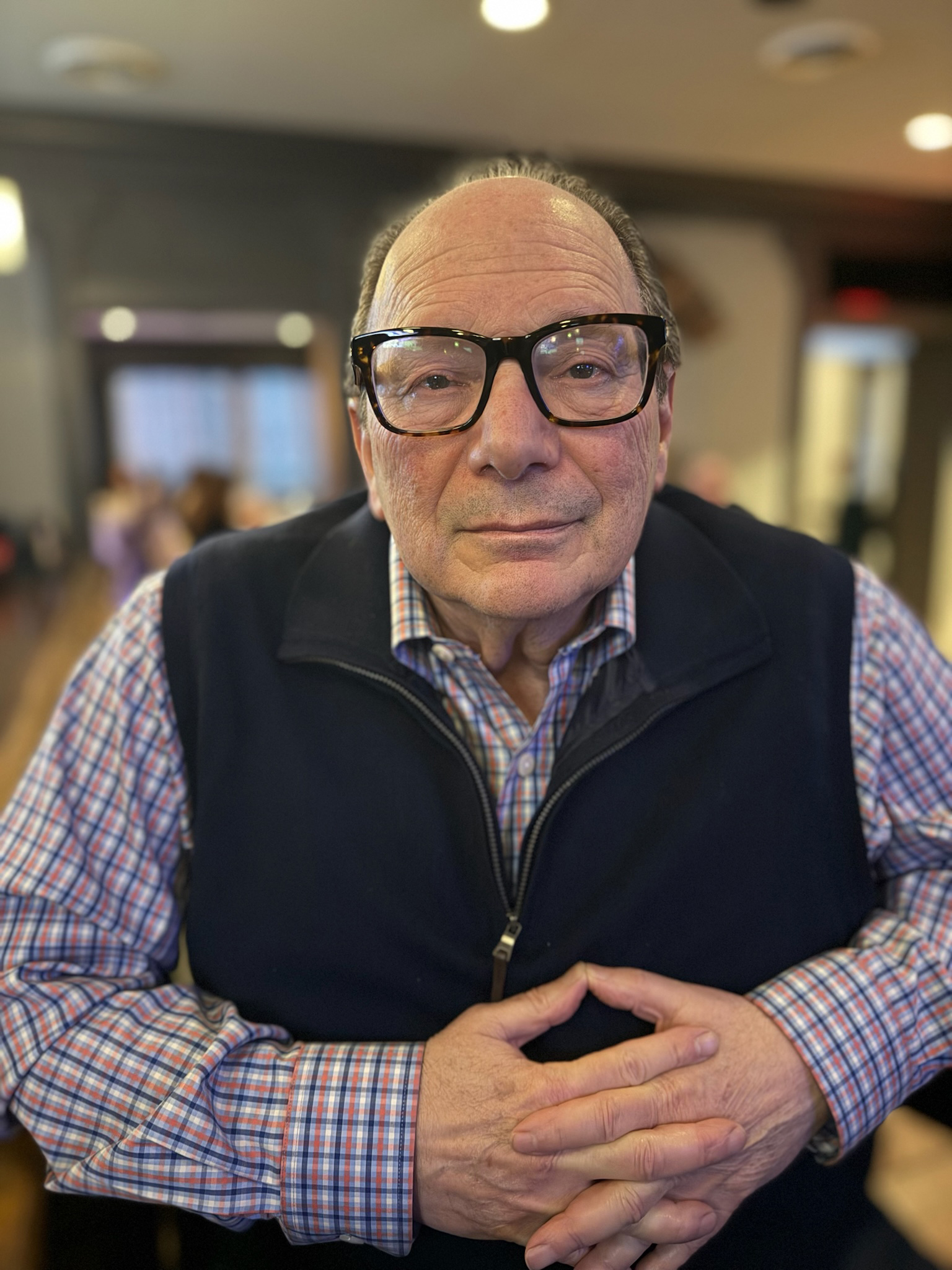MAKE A DIFFERENCE
President Ronald Regan often spoke about the people who had the courage to make a difference in the world. At Pointe du Hoc, in commemoration of the 40th anniversary of the invasion of Normandy, in one of his most inspiring speeches, he honored the men who fearlessly gave their lives to free Europe. The following year, in what has since been memorialized on a plaque, he is quoted “Some people spend an entire lifetime wondering if they made a difference in the world, the Marines don’t have that problem.” In his final speech to the nation on January 11, 1989, Regan describes again what it means to Really Make a Difference.
Most of us will not have to die protecting freedom, or even be willing to do so, to make a difference. But really making a difference requires making a real commitment. In 1854, while writing “Walden or Life in the Woods”, Henry David Thoreau described his belief that to fully grasp any meaning in one’s life, it was necessary to separate from the material things we value and lead a simpler existence. When Thoreau left Walden Pond he did so believing that a secluded life was only a preparation, and to really make a difference, he needed to apply the lessons learned. He went on to become the most famous abolitionist of his time. His unpretentious lifestyle and his position on non-violent change put forth in his essay on “Civil Disobedience” went on to inspire Mohandas Gandhi and Martin Luther King.
When Myles Connolly published “Mr Blue” in 1928, he created a character whose intent was to make you believe almost anything is possible. Blue inherited a fortune and without a single reservation gave it all away for the simple joy of watching others benefit.
Exactly a century after Thoreau left Walden Pond, in Joseph Campbell’s “Hero with a Thousand Faces”, the journey is described differently. The Hero must first journey off from his or her comfort zone in everyday life, and ultimately return to that life with the skill and experience gained and from which society might benefit.
At the highest level, whether or not one holds specific religious beliefs, there is but a singular theme which defines the essence of the New Testament, and detailed in The Sermon on the Mount (Matthew 5-7), and it is this: If you are blessed with more than you need, it is incumbent that you do not identify with what you have, but rather, that you provide for those who are less fortunate. Moreover, when you do provide for those less fortunate, “do not let your left hand know what your right hand is doing, so that your giving may be in secret.” It should be perfectly clear; there is nothing ambiguous in this message.
This same sentiment was expressed on numerous occasions by President Harry Truman as he is often credited with saying “It is amazing what you can accomplish if you do not care who gets the credit.” On the other hand, in creating the vision that became Camelot, President John Kennedy and his brothers, believing that they were destined to lead the new order, rarely credited, and often vilified, those who gave them runway. Moreover, in their effort to claim that authority, they often repeated the words of George Bernard Shaw as their own, never giving credit to the author. “Some men see things as they are and ask why, I dream things that never were and ask why not.” In spite of their individual shortcomings, Kennedy’s inaugural speech (which I attended) continues to be one of the most inspiring of the time, and that inspiration, first embodied in the Peace Corps under Sargent Shiver, continues today under the leadership of Anthony Shriver and the work of the Best Buddies International.
I keep a bust of Albert Schweitzer behind me on a shelf as a reminder of my own failures. With the opportunity to become anything he wanted, Schweitzer choose a life in the jungles of Africa where he used his fortune and his influence to save the lives of many and impact the lives of millions. No other person in modern times has really made this enormous difference as has Schweitzer. In 1953 he was awarded the Nobel Peace Prize for his humanitarian work.
Today, Professor Arthur Brooks of Harvard, begins his course on Happiness by quoting the words of Schweitzer. “Success is not the key to happiness. Happiness is the key to success.” Brooks believes successful leaders must understand happiness. He sees it as a combination of enjoyment, satisfaction and purpose. No surprises there. His conclusions (the four pillars), however, seem to be primarily circumstantial and somewhat limiting. He argues that family, faith, friends and work are essential to achieving happiness. I have no doubt that works for some, but without the desire, ability and focus on “making a difference” there is no guarantee that happiness must necessarily follow.
When I was a very young man, I sometimes fastened a five-dollar bill to a string tied to a helium balloon, thinking I would give the lucky person many miles away a good story to tell for the rest of his/her life. It was my painless way to make some sort of difference in someone’s life. Today, studies have shown that even one small act of kindness can inspire others to do the same, creating a ripple effect that just may have a positive impact on global change.

As a final thought, I would encourage those who have the temperament to do so, to always try to Make A Difference. In the words of Arthur Brooks, “the key to happiness is not being rich, it’s doing something arduous and creating something of value and then being able to reflect on the fruits of your labor.” I would like to suggest to those who have the temperament and the means, to reach out for the ultimate goal. Try getting REALLY MAD.
